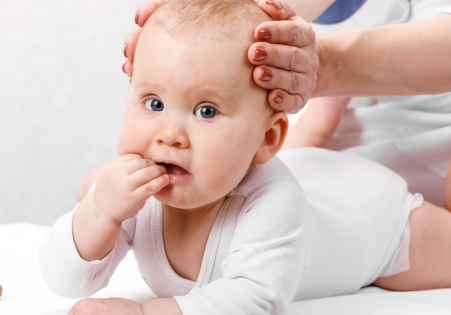Overview
8-hours CPD
Registration: 08:15- 08:30
Course Schedule: 08:30-12:30
Course Details
This course will be delivered in five parts. The first part of the course will be a presentation on the theory around infantile asymmetries to include torticollis, infantile postural asymmetry (IPA), deformational plagiocephaly (DP) and brachycephaly. How these asymmetrical conditions inter-relate will be explored. The second part will look at measurement of IPA, DP and brachycephaly comparing the different methods for the clinical setting and how to interpret the measurements. Part three will look at the supporting evidence – what the research tells us in relation to treatment approaches and prognosis. The fourth part will explore treatment approaches for infantile asymmetries, and multidisciplinary collaboration in patient care. The course finishes with a home care programme to instruct parents and caregivers.
Osteopathic practice standards and other CPD elements covered:
A) Communication and patient partnership A1, A2, A3, A4, A5
B) Knowledge skills and perfomance B1, B2, B3, B4
C) Safety and qualify in practice C1
D) Professionalism D1, D3, D9, D10
Communication and consent (approx 1 hr)
The final element of the course is instruction on an interactive way to support parents/caregivers in the ongoing management of the childs care. This will include a discussion around consent for treatment choices.
Learning outcomes:
-
Identify different types of cranial deformities and torticollis.
-
Understand how to manage infants with DP, IPA and CMT, to include diagnosis and follow-up.
-
Compare the guidelines with the evidence for management of these conditions.
-
Osteopathic techniques for treating DP, IPA and CMT in infants.
-
Take away an important tool for practitioners to offer parents in the ongoing management of plagiocephaly.
Timetable & Course Content
Day 1
08:15 – 08:30 Online registration
08:30 – 09:15 Introduction to the course and background to infantile asymetry (JE)
09:15 – 10:00 Torticollis (GM)
10:00 – 10:15 Break
10:15 – 11:00 IPA and measurement (JE)
11:00 – 12:15 Measurement tools for DP and brachycephaly in the clinic, to include a practical presentation (GM)
12:15 – 12:30 Q&A and open discussion (JE)
Day 2
08:15 – 08:30 Online registration
08:30 – 09:30 Supporting evidence for best practice (JE)
09:30 – 09:40 Break
09.40 – 11:10 Treating DP, IPA and CMT with case study discussion (GM)
11:10 – 11:20 Break
11:20 – 12:20 Home care programme for parents (JE)
12:20 – 12:30 Q&A and open discussion (GM)
Course suitability:
The course is suitable to all osteopaths who are interested paediatrics.
Recommended pre-course reading:
Julie Ellwood, Jerry Draper-Rodi and Dawn Carnes. The effectiveness and safety of conservative interventions for positional plagiocephaly and congenital muscular torticollis: a synthesis of systematic reviews and guidance. Chiropractic & Manual Therapies 2020;28:31.
Persing J, James H, Swanson J, Kattwinkel J. Prevention and management of positional skull deformities in infants. American Academy of Pediatrics Committee on Practice and Ambulatory Medicine, Section on Plastic Surgery and Section on Neurological Surgery. Pediatrics 2003;112(1 Pt 1):199-202
Cummings C, Société canadienne de Pédiatrie. La plagiocéphalie positionnelle. Paediatr Child Health 2011;16(8):495-6.
Looman WS, Flannery AB. Evidence-Based Care of the child with deformational plagiocephaly, part I: assessment and diagnosis. J Pediatr Health Care. 2012 Jul- Aug;26(4):242-50.
Flannery AB, Looman WS, Kemper K. Evidence-based care of the child with deformational plagiocephaly, part II: management. J Pediatr Health Care. Sep-Oct 2012;26(5):320-31.
Flannery AM, Tamber MS, Mazzola C, Klimo P Jr, Baird LC, Tyagi R, et al. Congress of Neurological Surgeons systematic review and evidence-based guidelines for the Management of Patients with Positional Plagiocephaly: executive summary. Neurosurgery. 2016;79(5):623–4.
Dr Julie Ellwood
Julie graduated from the College of Osteopaths in London in 2004 and completed her Professional Doctorate in Osteopathy through the University College of Osteopathy in London in April 2016. Her research study was investigating the cause of unsettled infant behaviour with particular focus on postural asymmetry and was conducted under the supervision of Professor Alf Nicholson, paediatrician at the National Childrens Hospital in Dublin. The findings of this study have been published in the peer reviewed European Journal of Pediatrics. Julie has since co-authored several systematic reviews on manual therapy for paediatric conditions including unsettled infant behaviour and colic, plagiocephaly and congenital muscular torticollis. Julie has more recently co-authored the OIA 2020 Global Report on international practice and behaviours of osteopaths and osteopathic physicians, and their patients.
Julie has an MSc in Applied Haematology, a Fellowship in Biomedical Science and Diploma in Sports Medicine. She is the mother of four children and established the Babybloom clinic for the multidisciplinary care of the mother-baby dyad in Strandhill on the west coast of Ireland in 2013.
Publications
Ellwood et al (2017) Relationship between Unsettled Infant Behaviour and Infantile Postural Asymmetry – Eur J Pediatr. 176(12):1645-1652. doi: 10.1007/s00431-017-2993-x. Epub 2017 Sep 18.
Carnes D, Plunkett A, Ellwood J, et al (2018) Manual therapy for unsettled, distressed and excessively crying infants: a systematic review and meta-analyses BMJOpen 8:e019040. doi: 10.1136/bmjopen-2017-019040
Ellwood J, Draper-Rodi J, Carnes D (2020) Effectiveness of common interventions for the treatment of infantile colic : a systematic review. BMJ Open 2020;10:e035405. doi:10.1136/bmjopen-2019-035405
Ellwood J, Draper-Rodi J, Carnes D (2020) The effectiveness and safety of conservative interventions for positional plagiocephaly and congenital muscular torticollis: a synthesis of systematic reviews and guidance. Chiropractic & Manual Therapies 28:31.
Gianni Marangelli
How can I contact the organiser with any questions?
For more information contact the CPD team at cpd@uco.ac.uk.
You will be emailed information about the course approximately 1 week before the seminar.
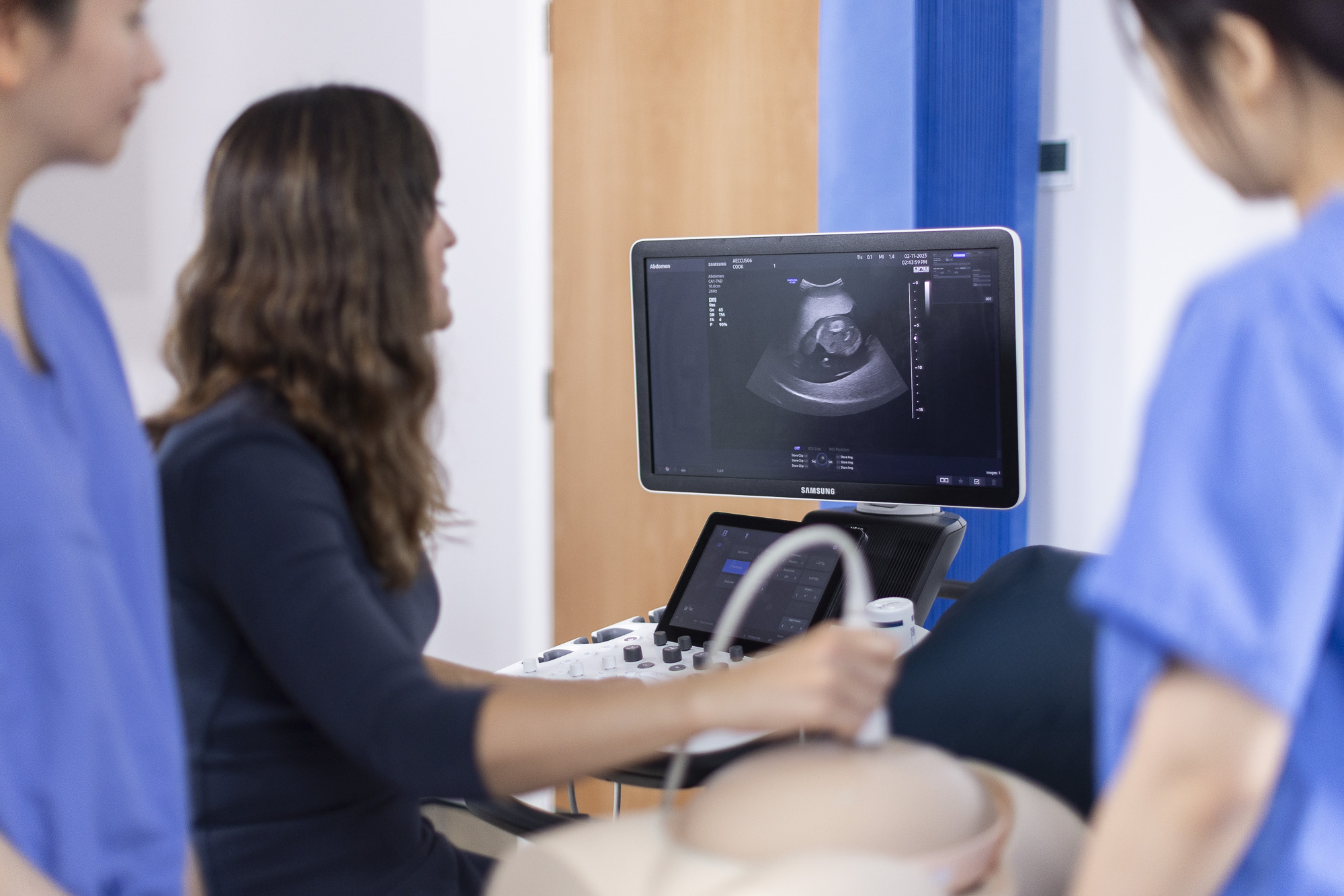
Find the course that’s right for you
Get training and offer more to your patients and your practice.
We offer a range of continuing professional development (CPD) courses and short courses across the year for all those who wish to enhance their professional development and increase their skills.
Latest News
Discover and read all the latest news, press releases and happenings here at Health Sciences University.
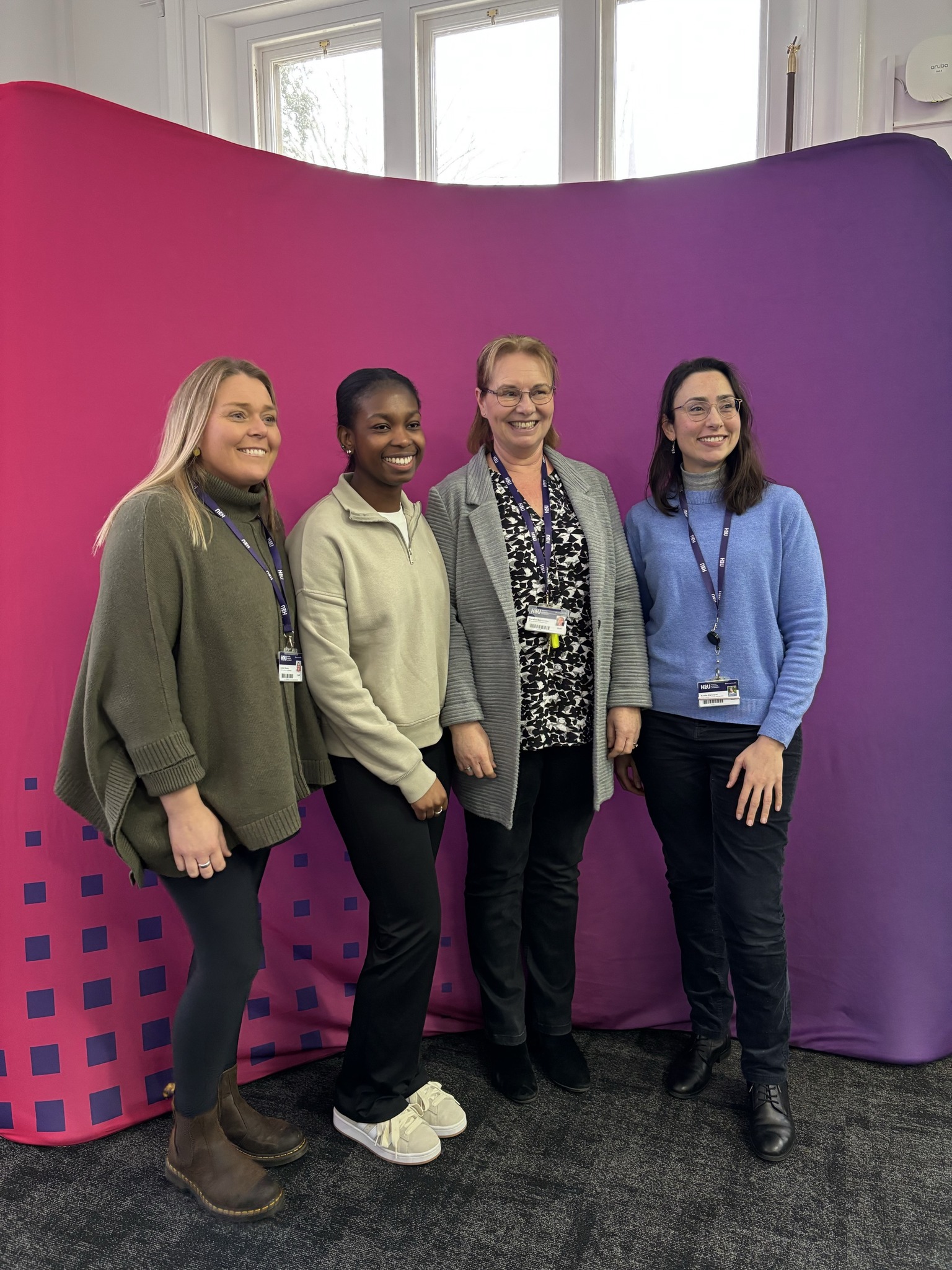
Health Sciences University (HSU) recently hosted a thought-provoking panel discussion in celebration of International Day of Women and Girls in Science.

Dr Mahitha Naidu has recently graduated from the MSc Podiatry (Pre registration) course at Health Sciences University.
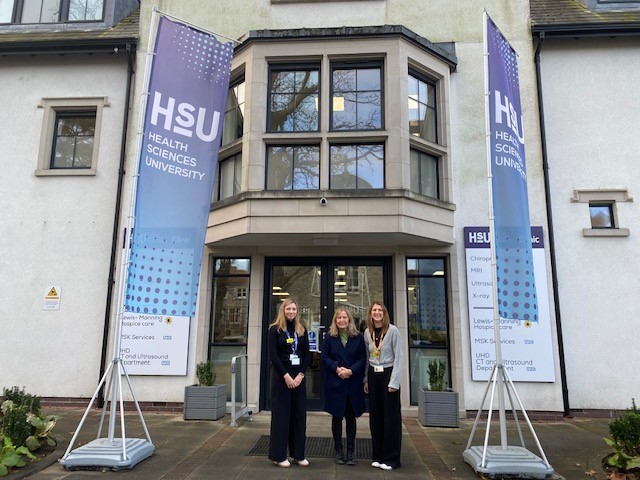
Health Sciences University, in collaboration with Dorset HealthCare, has launched a new Brain Health Clinic on its Bournemouth campus.
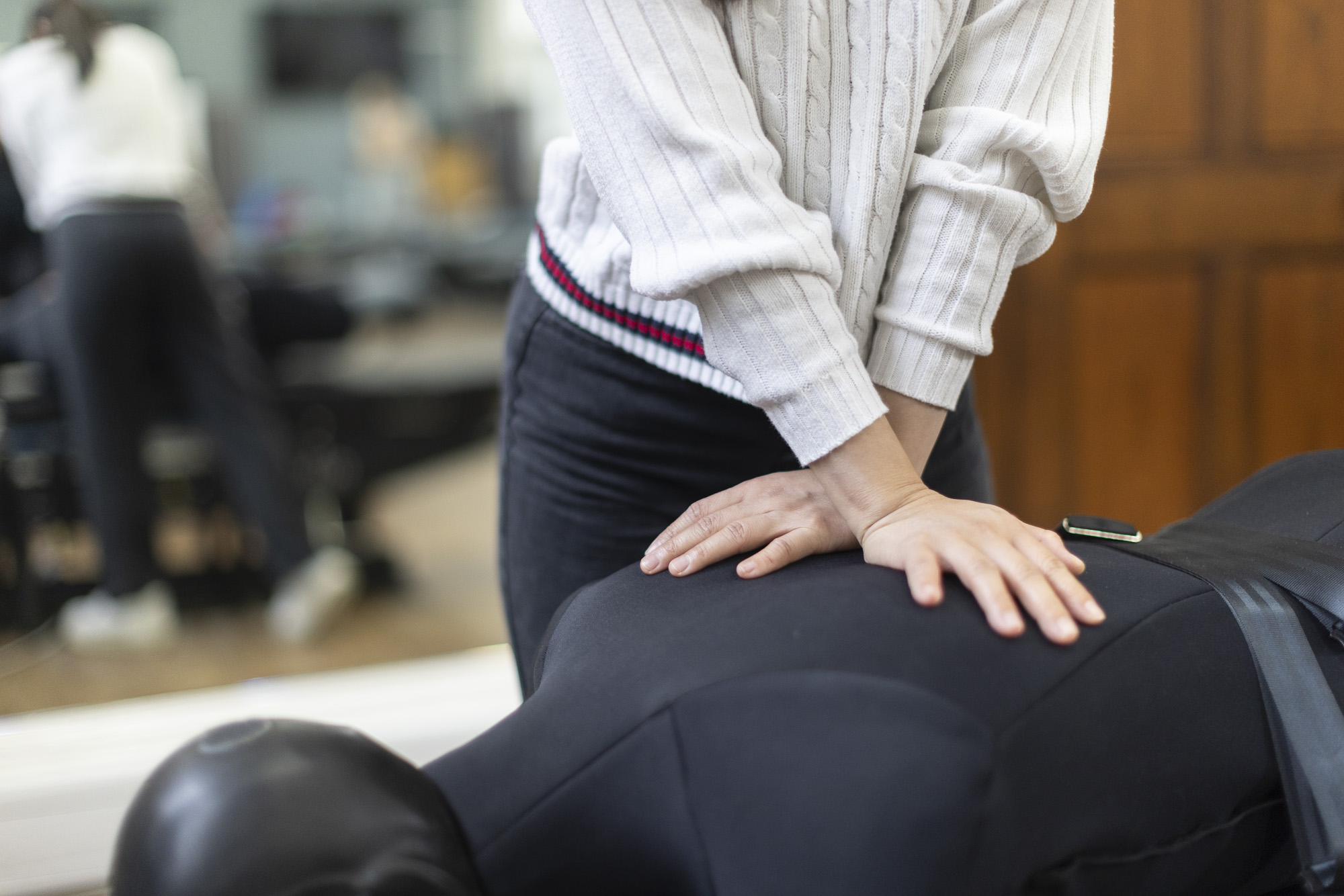
Carla tells us more about her experience of the course so far and what she enjoys about being part of the HSU community.
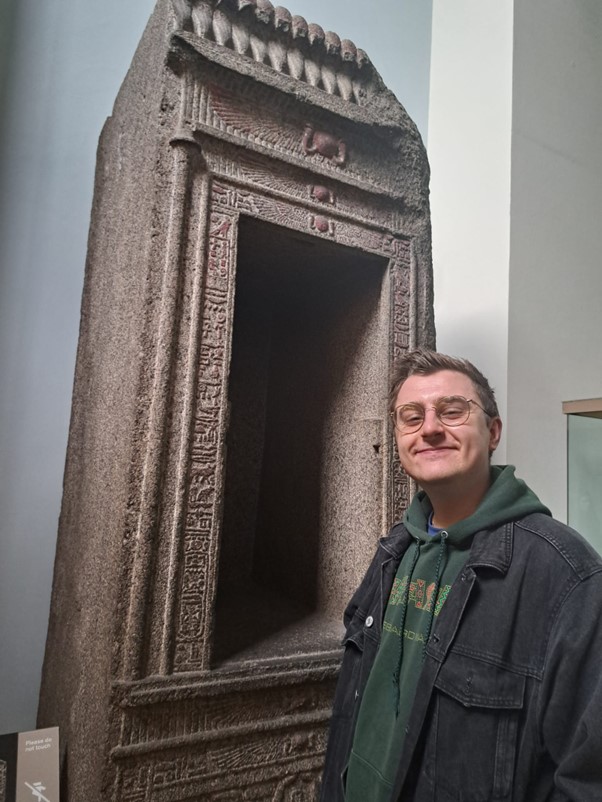
Dan Egelstaff is a First Year student on the MSc Occupational Therapy (pre-registration) course. The degree at Health Sciences University appealed to Dan when he was working as a Learning Disabilities Support Worker during the Covid-19 pandemic.
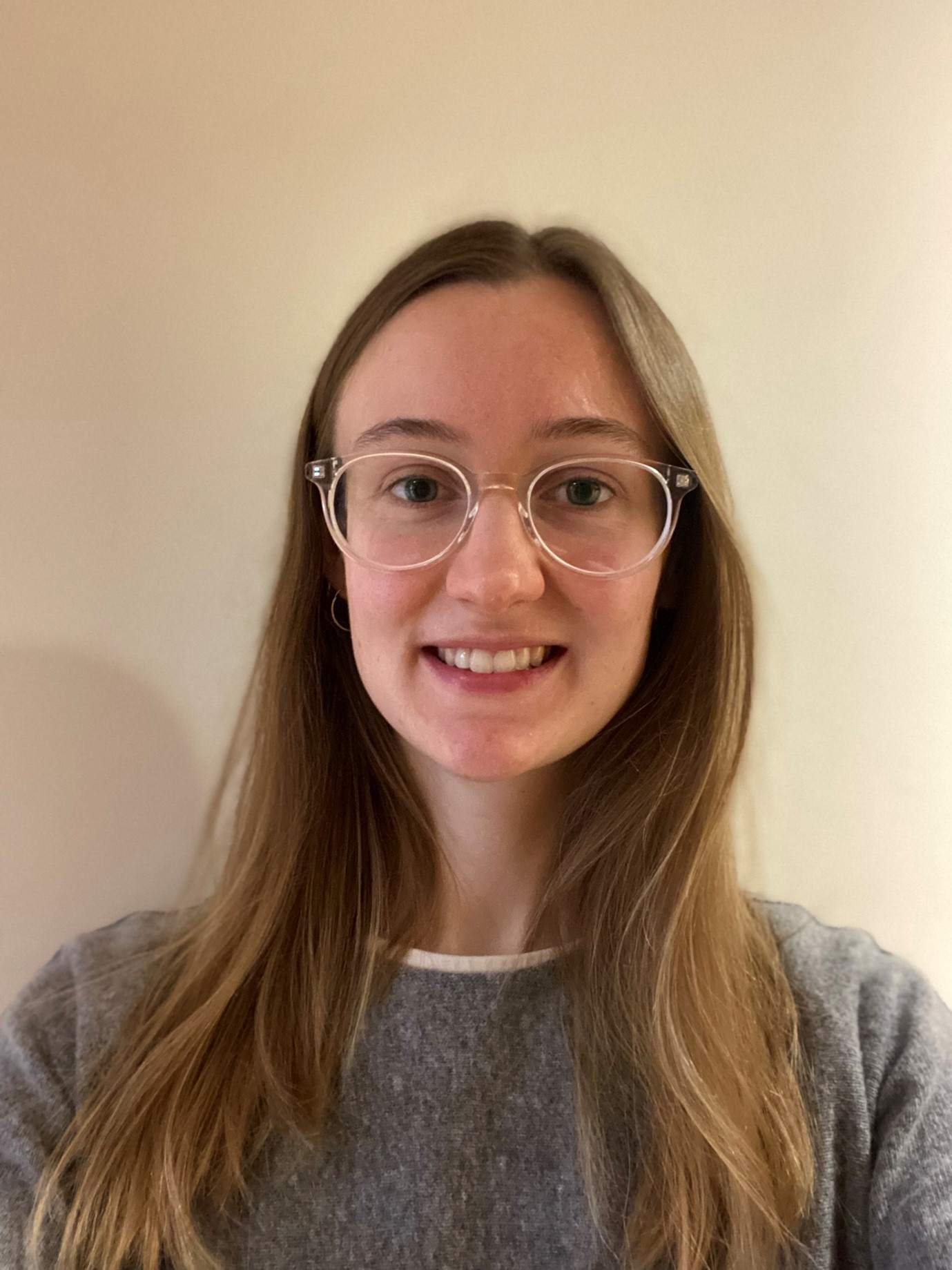
Natalia Purkiss is in her first year of the MSc Occupational Therapy (pre-registration) course at Health Sciences University.
